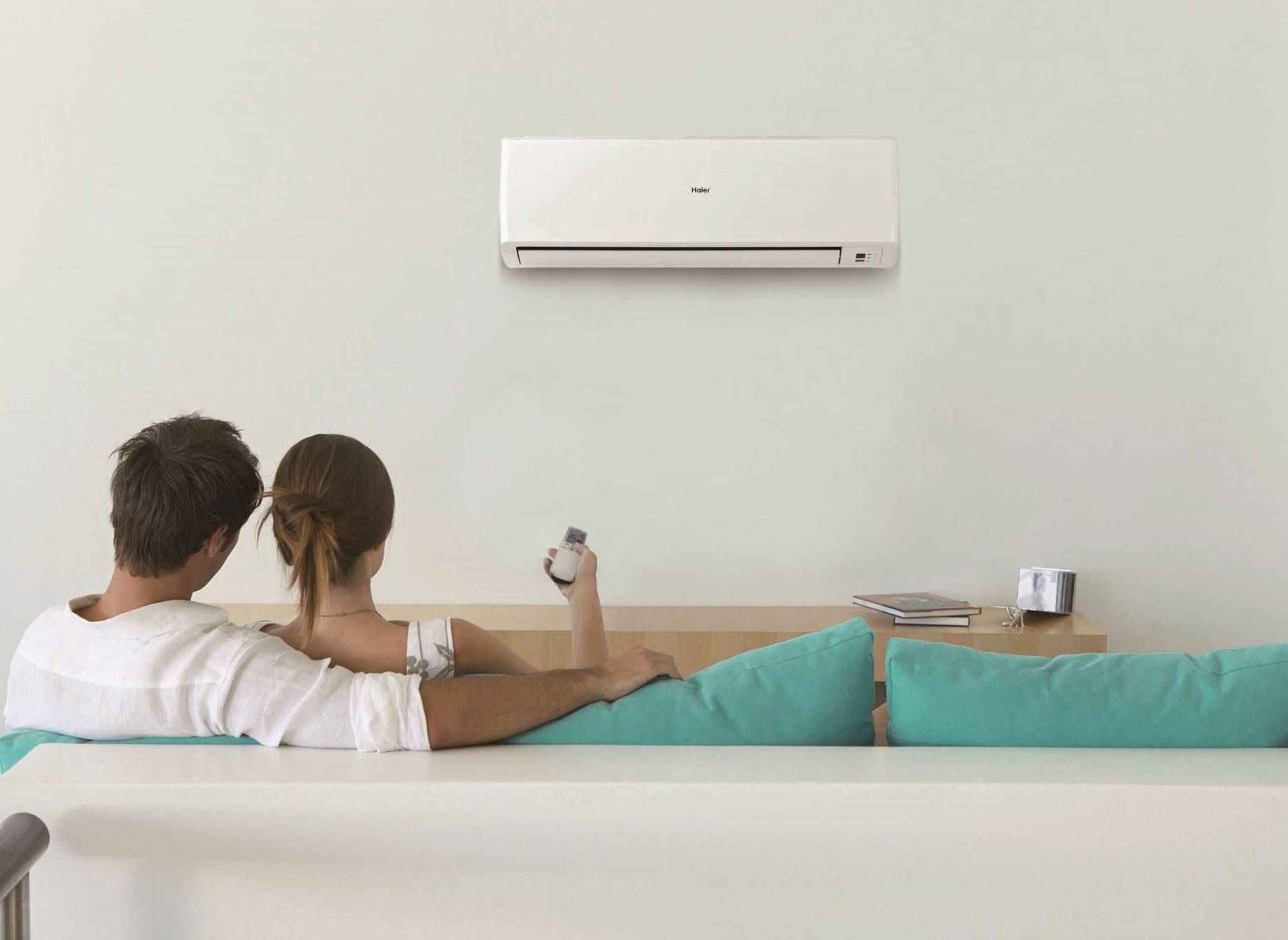Dana Adkins's blog : Inverter vs. Non-Inverter: Debunking the Air Conditioning Myth

When it comes to choosing an air conditioning system, the decision between an inverter and non-inverter unit is a critical factor that often sparks confusion among consumers. The market is flooded with conflicting information, making it challenging to determine which technology is superior. In this article, we aim to debunk the air conditioning https://farro.shop/invertornye-konditsionery/ myth surrounding inverters and non-inverters, shedding light on the key differences and helping you make an informed decision for your cooling needs.
Understanding the Basics
Non-Inverter Air Conditioners
Non-inverter air conditioners have been the traditional choice for decades. These systems operate on a simple principle – they turn on and off to maintain the desired room temperature. When the thermostat detects that the room has reached the set temperature, the compressor shuts off until a shift in temperature triggers it to restart. This on-off cycle continues throughout operation.
Inverter Air Conditioners
On the other hand, inverter air conditioners employ a more advanced technology. The inverter acts as a variable speed drive, regulating the compressor motor's speed to control the refrigerant flow rate. Unlike non-inverters, inverter units don't shut off entirely but adjust the compressor speed according to the cooling needs. This continuous modulation ensures more precise temperature control and energy efficiency.
Energy Efficiency: The Inverter Advantage
One of the primary misconceptions about air conditioning systems is the belief that non-inverter units are more energy-efficient. In reality, inverters take the lead when it comes to energy efficiency. The continuous operation and modulation of compressor speed allow inverter air conditioners to reach the desired temperature quickly and maintain it without the need for frequent on-off cycles.
Benefits of Inverter Technology
Lower Energy Consumption: Inverter air conditioners can adapt to varying cooling demands, preventing unnecessary spikes in energy consumption associated with non-inverter units' frequent starts and stops.
Quick Cooling: Inverters achieve the desired room temperature faster by running at maximum capacity initially and then adjusting to maintain the set temperature. This results in a more comfortable indoor environment without prolonged waiting times.
Stable Temperature: Inverter technology ensures a consistent and stable indoor temperature, preventing the uncomfortable fluctuations commonly experienced with non-inverter systems.
Cost Considerations
Initial Cost vs. Long-Term Savings
While it's true that non-inverter air conditioners often have a lower upfront cost compared to their inverter counterparts, the long-term savings provided by inverter technology can outweigh the initial investment. Inverters' energy efficiency translates into lower electricity bills over time, making them a cost-effective choice in the grand scheme of things.
Return on Investment
Investing in an inverter air conditioner may seem like a larger financial commitment initially, but the potential for energy savings results in a faster return on investment. The reduced energy consumption not only benefits your wallet but also contributes to a greener and more sustainable environment.
Performance and Comfort
Noise Levels
One common misconception is that inverter air conditioners are noisier than non-inverters. In reality, the opposite is often true. The continuous operation and modulation of compressor speed in inverter units typically result in quieter performance compared to the on-off cycles of non-inverters.
Temperature Precision
Inverter technology excels in providing precise temperature control. The ability to adjust the compressor speed ensures that the desired temperature is reached and maintained without the temperature swings often associated with non-inverter systems.
Environmental Impact
Eco-Friendly Cooling
Inverter air conditioners contribute to a reduced environmental impact due to their energy-efficient operation. By consuming less electricity, they help lower greenhouse gas emissions, making them a more environmentally friendly choice compared to non-inverters.
Refrigerant Considerations
When it comes to environmental impact, the type of refrigerant used in air conditioners also plays a crucial role. Both inverter and non-inverter units can use environmentally friendly refrigerants, but it's essential to consider the specific model and its environmental certifications.
Conclusion
In the inverter vs. non-inverter debate, it's clear that inverter technology has the upper hand in terms of energy efficiency, long-term savings, and overall performance. While non-inverter air conditioners may have a lower initial cost, the benefits of inverter technology, including lower energy consumption, faster cooling, and quieter operation, make them a compelling choice for those looking for a reliable and cost-effective cooling solution.
As technology continues to advance, inverter air conditioners are becoming the norm in the market, reflecting the industry's commitment to sustainability and innovation. When making your next air conditioning purchase, consider the long-term benefits of inverter technology for a more comfortable and energy-efficient home.
In:- Technology



